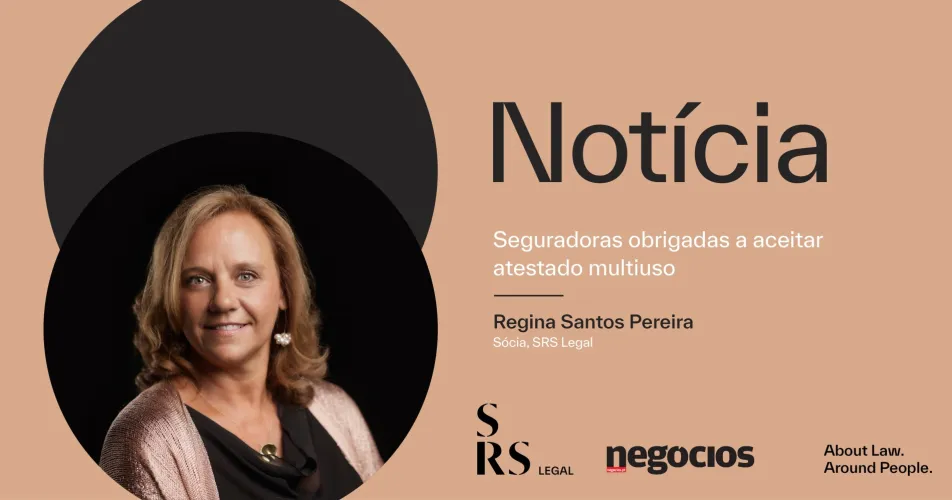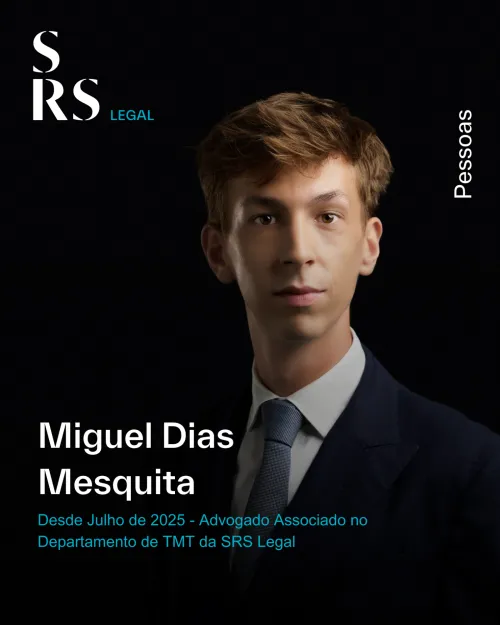Communication
"Insurers obliged to accept multipurpose certificate" (with Regina Santos Pereira)
«"Full proof is the strongest and therefore rules out other types of proof," summarises Regina Santos Pereira, a lawyer at SRS and a specialist in Civil Procedure. Basically, "those
facts are considered proven, unless it is concluded that the document is false," she adds. In the specific case of the multipurpose certificate, what happens is that "with this decision, expert evidence as to the verification of the illness is ruled out", continues the specialist. In other words, in similar cases, insurers will have to accept the multipurpose certificate and the level of incapacity determined by the medical board that issued it.
Even so, warns Regina Santos Pereira, this doesn't mean that they can't raise other issues and produce other types of evidence. Not least because "policies don't just have the condition of the pathology, there are pre-existing conditions [the person's situation when they signed the contract] and a whole host of exclusions," she explains. What they have to accept as good is what's on the multi-use certificate.
[...]
And while the issue is important in disputes with insurance companies, it is equally important in many other situations where it is necessary to certify the degree of disability, emphasises Regina Santos Pereira. For example, in tax matters or in the case of rental contracts prior to 1990, where tenants with a degree of disability equal to or greater than 60 per cent fall within the range of exceptions to the application of the rules for updating rents.»





